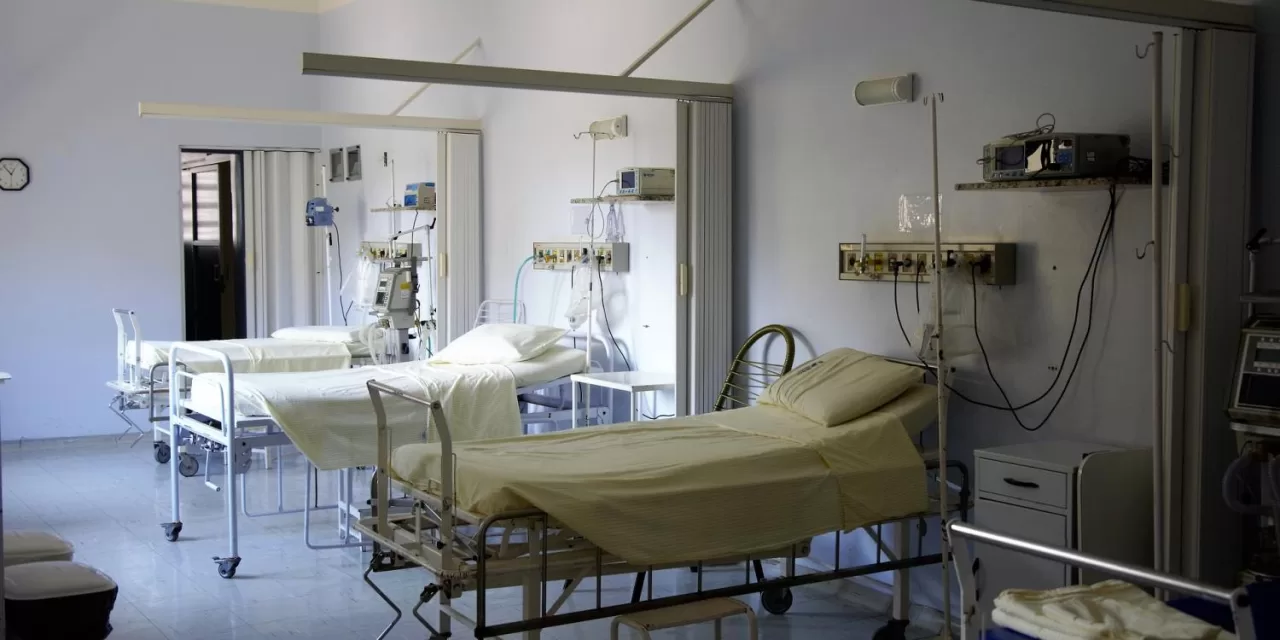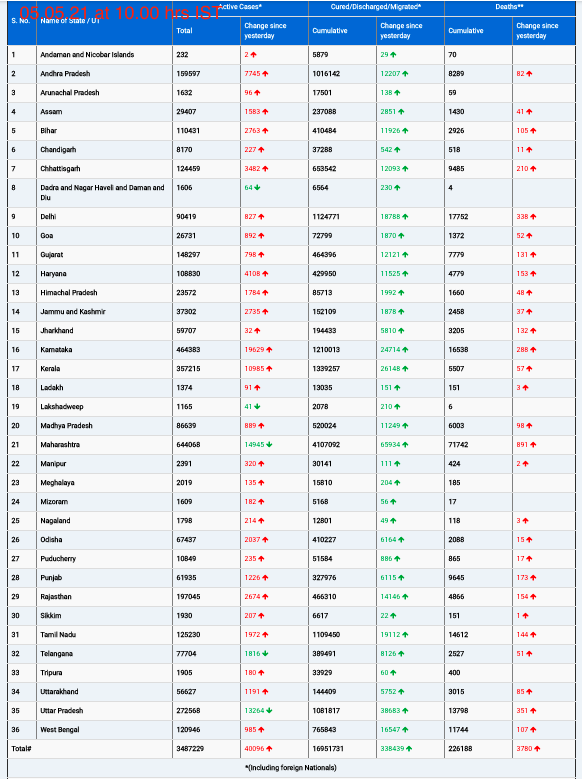The Indian government is set to launch four Public-Private Partnership (PPP) specialty hospitals in some of Odisha’s most underserved districts, significantly enhancing access to affordable healthcare. The hospitals, which will be located in Angul, Barbil, Bhadrak, and Jharsuguda, are part of a broader initiative to address the shortage of healthcare infrastructure in rural and remote areas of the country.
This ambitious project, with a total cost of Rs 354 crore, aims to provide 600 additional hospital beds by 2026, offering specialized medical care to thousands of people who have long struggled with limited access to quality healthcare services. The hospitals, each designed to house multiple specialties, will be operational by December 2026, under a design-build-finance-operate-transfer (DBFOT) model.
The project will be funded through a combination of government grants and private investment. The Centre and the Odisha state government will provide Rs 230.5 crore in grants, while additional operational grants of Rs 162 crore will be used to support high-cost manpower and ensure that the hospitals can meet the needs of smaller, often underserved communities.
The public-private partnership model includes viability gap funding (VGF), which aims to incentivize private investment and enable sustainable operations over the long term. The hospitals are set to operate for 32 years, with an option for extension, making a long-term commitment to improving healthcare delivery in Odisha.
India faces a significant shortage of hospital beds, with the country currently having just 1.3 beds per 1,000 people. This initiative seeks to bridge that gap, particularly in rural areas, which are often left behind in the race for medical infrastructure development.
By providing specialized healthcare services in these districts, the Centre aims to enhance the availability and quality of medical care for residents, reduce the burden on overburdened urban hospitals, and ensure more equitable healthcare delivery across the country. The project aligns with national healthcare goals, such as improving access to affordable medical care in rural areas and strengthening the overall healthcare system.
This initiative is seen as a critical step toward addressing healthcare disparities and enhancing the quality of life for millions of people in Odisha’s underserved districts.











